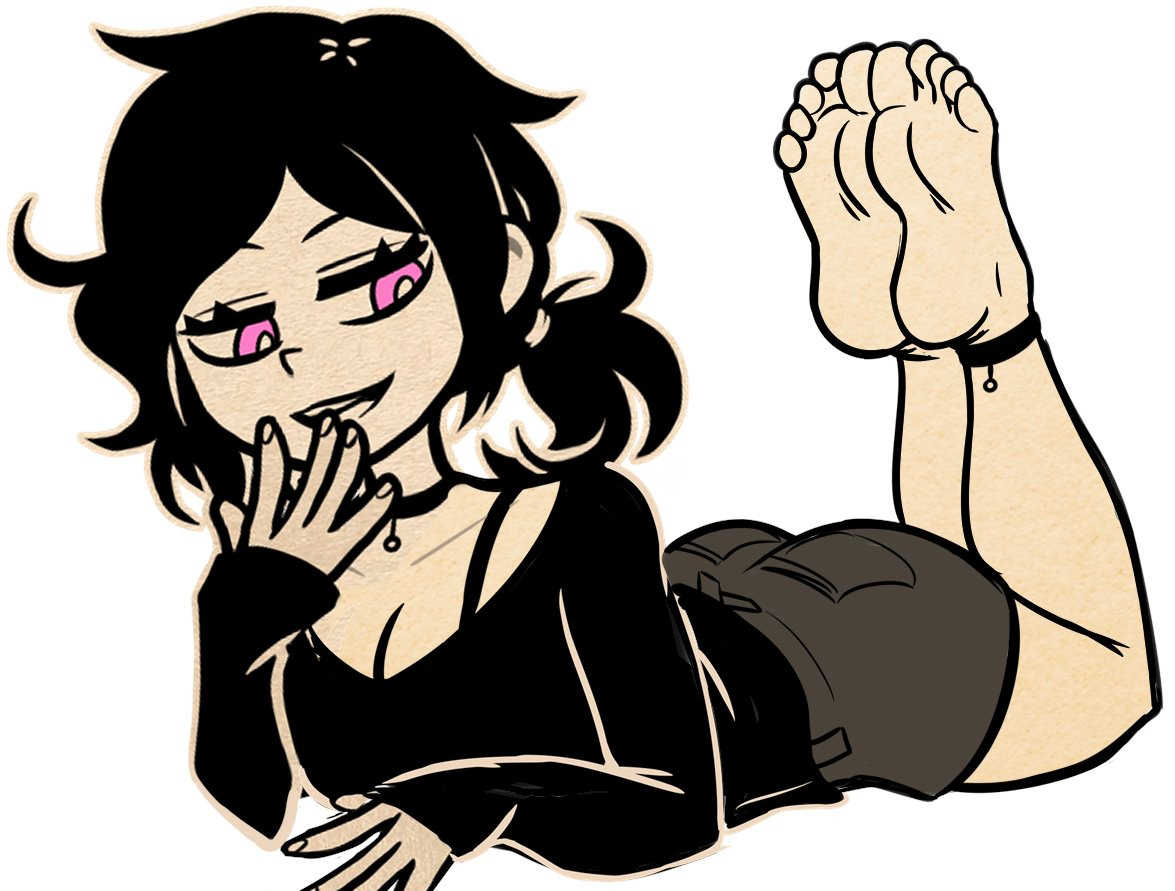What's So Alluring About Incest Fic?
thought digest, 10.29.2023
I keep seeing memes featuring this, well, extremely meme-able goth chick:
So, I asked what I can only assume were a bunch of random Zoomers who, for whatever reason, added me to a Discord server, what it was all about. They informed me she was Ashley from “The Coffin of Andy and Leyley,” which they described as “a cannibal incest visual novel with RPG el…




